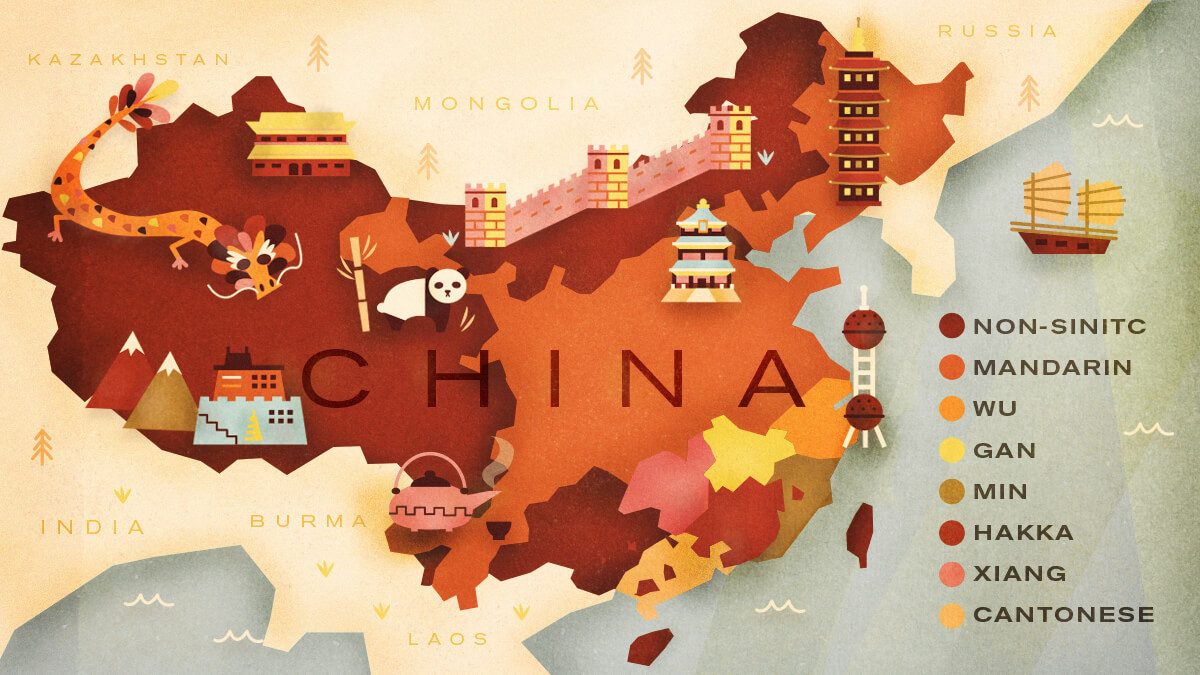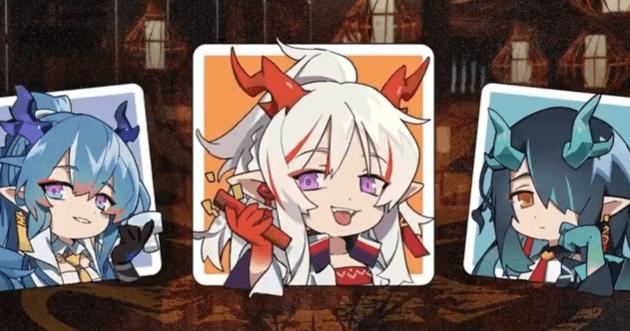Chinese New Year 2022 Stream
During the Chinese New Year 2022 stream for CN server, it was announced that Chinese dialect voices will be added for the Yan-Sui operators: Ling, Dusk, Nian.
There was a theatre video afterwards to show the Chinese dialect voices and some sibling bonding. According to some discussion I had, these are the dialects that the siblings speak:
-Dusk speaks Suzhou dialect (Wu)
-Nian speaks Sichuan (maybe Chongqing) dialect (Southwestern Mandarin)
-Ling is Xi'an dialect (Central Plain/Zhongyuan Mandarin)
I have translated and added English subtitles the video from the Chinese subtitles. Enjoy!
Not sure why no thumbnail shows up, but the video is working. Do click CC for the subtitles.
As for whether this content will come to global servers, it is hard to tell. Firstly, the Chinese voice will need to arrive, and that happened during around Chapter 9 release on the CN server. We will wait a bit to see if it will happen to global servers.
Similarly, I wonder if the CN server will eventually also add the upcoming EN and KR voices that were announced during the 2nd anniversary global streams.
Introduction to Chinese dialects and its decline in modern days
The dialects sound similar, but also different from standard Chinese. This is because dialects are also part of the Chinese languages.
Chinese, also known as Sinitic, is a branch of the Sino-Tibetan language family consisting of hundreds of local varieties, many of which are not mutually intelligible. Variation is particularly strong in the more mountainous southeast of mainland China. The varieties are typically classified into several groups: Mandarin, Wu, Min, Xiang, Gan, Hakka and Yue, though some varieties remain unclassified. These groups are neither clades nor individual languages defined by mutual intelligibility, but reflect common phonological developments from Middle Chinese.
Chinese varieties differ most in their phonology, and to a lesser extent in vocabulary and syntax. Southern varieties tend to have fewer initial consonants than northern and central varieties, but more often preserve the Middle Chinese final consonants. All have phonemic tones, with northern varieties tending to have fewer distinctions than southern ones. Many have tone sandhi, with the most complex patterns in the coastal area from Zhejiang to eastern Guangdong.
Standard Chinese, a form of Mandarin, takes its phonology from the Beijing dialect, with vocabulary from the Mandarin group and grammar based on literature in the modern written vernacular. It is one of the official languages of China.
Until the mid-20th century, most Chinese people spoke only their local language. As a practical measure, officials of the Ming and Qing dynasties carried out the administration of the empire using a common language based on Mandarin varieties, known as Guānhuà (官話/官话, literally 'speech of officials'). Knowledge of this language was thus essential for an official career, but it was never formally defined.
In the early years of the Republic of China, Literary Chinese was replaced as the written standard by written vernacular Chinese, which was based on northern dialects. In the 1930s a standard national language was adopted, with its pronunciation based on the Beijing dialect, but with vocabulary also drawn from other Mandarin varieties.

So colourful right? But unfortunately Chinese dialects are declining due to government policies as well as sociocultural changes as people move around different regions.
The decline in local dialects among the younger generation has become more apparent in recent years as China’s president, Xi Jinping, has sought to strengthen a uniform Chinese identity. Mandarin is now being spoken by more than 80% of China’s population, up from 70% a decade ago. Last month, China’s state council vowed to increase the figure to 85% within the next four years.
It is not just ethnic languages that are being affected. In 2017, a survey circulated online showed that among the 10 dialect groups, Wu Chinese, which includes the Shanghai dialect and is spoken by about 80 million people in the eastern part of the country, has the smallest number of active users aged between six and 20. It prompted concern among linguists in the region.
But it is not all bad news, she adds. In the past, internal migrants from outside Shanghai often felt discriminated against and excluded by being unable to speak the local dialect. Today social exclusion no longer hinges on speech or residential status but wealth.
A common language becomes an equaliser in the people, although culture is lost this way. Also, as people from different regions communicate with each other, the languages start mixing together. Standard Chinese is also a mixture of dialects.
Dialects are still used, but the individual dialects is getting harder to distinguish from others due to the modern sociocultural context.
Closing thoughts: Fiction sparks interest in the unknown
As an overseas third generation Chinese immigrant living in Singapore, I also face similar issues. I have no knowledge of my ancestral Fuzhou dialect at all. I learn standard Chinese but do not get to use it much. In a multi-cultural country, everyone learns and use English to communicate with each other. This is absolutely necessary for a young country to rise, though many will say the loss in culture is tragic.
Anyway, dialects are cool. This is how I have 2 name twins in Arknights with my surnames in English and Chinese:
-Chinese: 林 (Lin: Yuxia, Rat King's daughter)
-English: Ling (Nian's older sister written as 令 meaning poem)
The same word meaning forest is pronounced as lin in standard Chinese, but ling in the Fuzhou dialect.
Really, most of the time I read Chinese in Chinese Arknights content. So I think it's awesome that Arknights promotes more Chinese culture of its origin country, especially for a practice that is declining. I've seen Chinese friends in active discussion over who speaks what dialect. This means interest in Chinese dialect has been sparked.
Ancient Forge and Who is Real has also introduced many aspects of Chinese culture which I have not been able to know.
It's really like Liskarm operator record plot: The romance novel set in Vouivre that Franka drumps in Liskarm's book collection, that Jessica borrows to read, leads her to wonder about Vouivre. Even if it lacks some accuracy.
This remains as one of my most favourite operator records because I can relate to it so much. I highly enjoy exploring that I usually do not know or get in contact with by reading fiction.
I know this news does not generate as much hype as the new operators themselves, but I like it a lot and hope you enjoy the clip with my subtitles!












